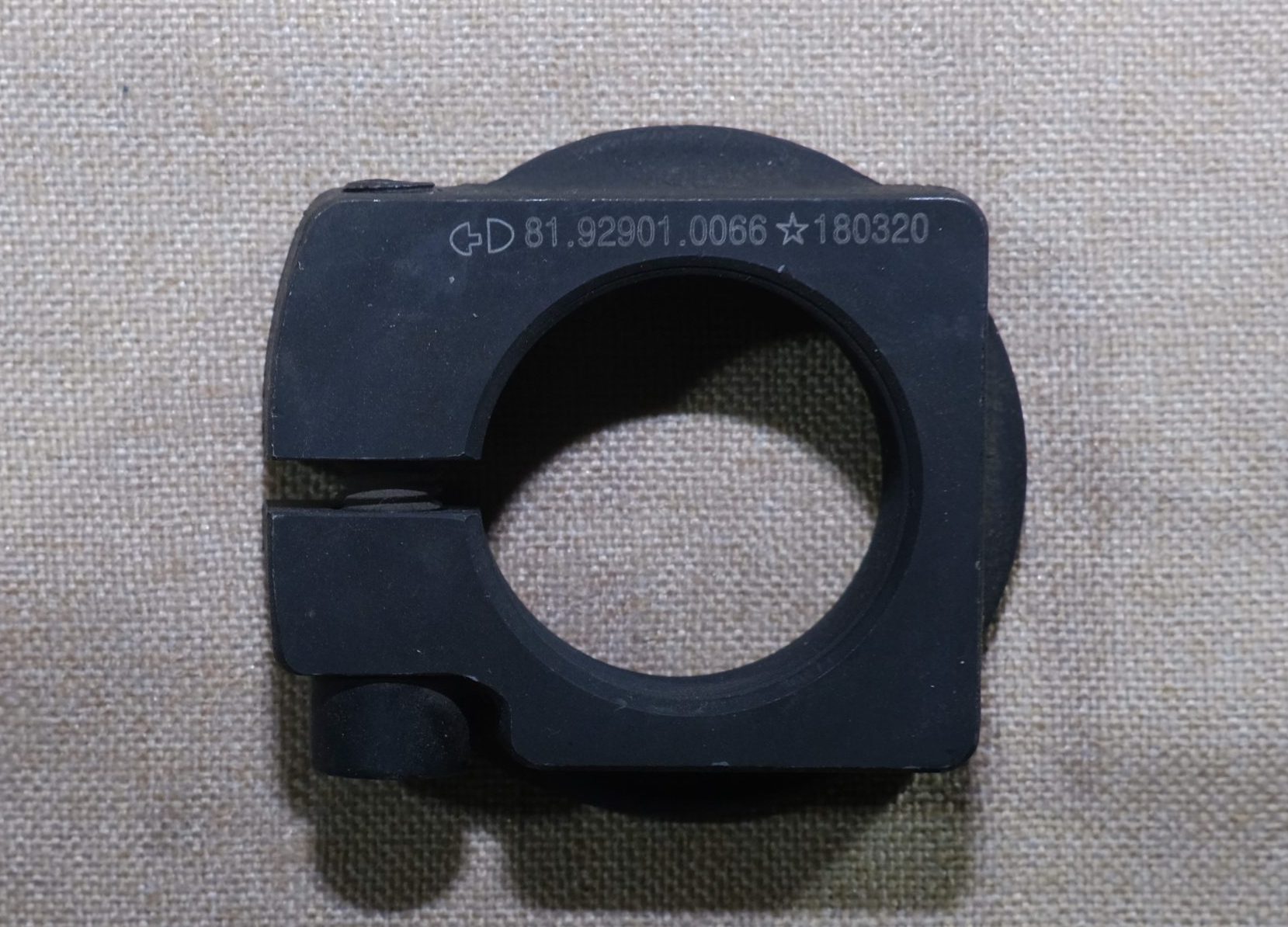
I believe that most of my friends who often drive trucks have encountered the problem of oil leakage. Leakage of whether it is lubricating oil or diesel oil is not only a huge waste, but more serious may cause a fire due to static electricity generated during vehicle operation, which is harmful to the vehicle and people. There are huge safety risks.
1. Smell: Park the car in a sheltered place while it is hot, and smell the smell of fuel volatilization near the fuel tank;
2. Look: drive the car onto the vehicle inspection platform, so that you can visually determine whether there are oil leakage stains on the bottom and middle and upper parts of the fuel tank;
3. Touch: Touch the unclear part of the fuel tank with your hands. If you feel wet and black oil on your hands, it means there is an oil leak.
One thing worth noting: Oil stains on the surface of the engine are neither oil leakage nor oil leakage. The cause is poor habits when filling the engine oil. If you use a funnel and wipe it clean after filling, this problem will not occur. Oil leakage is when the oil drips or overflows in large quantities. In addition to the oil bottom sealing screw, the oil filter element is not tightened or the oil cooler pipeline leaks, the oil pan is ruptured by external force, the oil filter element is ruptured by external force, and the oil will be at high temperature. The effect of pressure is quickly drained from the engine.
1. Improper padding.
The gasket plays a leak-proof sealing role between various parts of the truck. If the gasket is improperly assembled, too loose or too tight, has unqualified technology or has quality problems, it may reduce the sealing performance and lead to oil leakage.
2. The fastening nut is loose.
If the oil drain plug is not tightened or is loose, it will easily cause oil loss, and in severe cases, it will lead to machine damage accidents such as burning tiles and holding the shaft. Vehicle union nuts are often disassembled and assembled, and the slide wires are easily broken and loosened, which can also Oil leakage occurs.

Many parts of the car (such as oil seals and O-rings) may be improperly installed, the journal and the oil seal cutting edge are not concentric, and may deviate and throw away oil. Or because the oil seal has been used for a long time, the rubber ages and loses elasticity, and leakage is found.
1. Properly handle the seals of various types of oil pipe joints and replace aging accessories in a timely mannerProperly handle the seals of various types of oil pipe joints, use grinding methods to handle the cone seals, tighten the nuts to seal, and promptly replace aging oil seals and other accessories to ensure that their sealing performance is always within a safe range.
2. Prevent wheel hub from throwing oilToo much lubricating grease in the wheel hub bearing and cavity, or its oil seal is improperly matched or of poor quality; the wheel hub temperature is too high due to frequent braking; the axle nut is loose, etc., which can cause the wheel hub to throw oil. The “cavity smoothing method” can be used to clear the pores.
3. Prevent the one-way valve and ventilation valve from being blockedAs the temperature inside the tank rises, the oil and gas fill the entire space and cannot be discharged, causing the pressure inside the tank to rise, increasing the consumption of lubricating oil and shortening the replacement cycle. After the engine ventilation system is blocked, the movement resistance of the piston is increased, which increases fuel consumption. Due to the difference in air pressure between the inside and outside of the box, oil leakage will occur at weak seals, and the vehicle needs to be regularly inspected and cleaned.
In addition: If the cause of unknown sludge on the engine surface is difficult to find, you can choose an engine oil with a higher viscosity. The oil with a higher viscosity will have better sealing properties and can alleviate the symptoms.